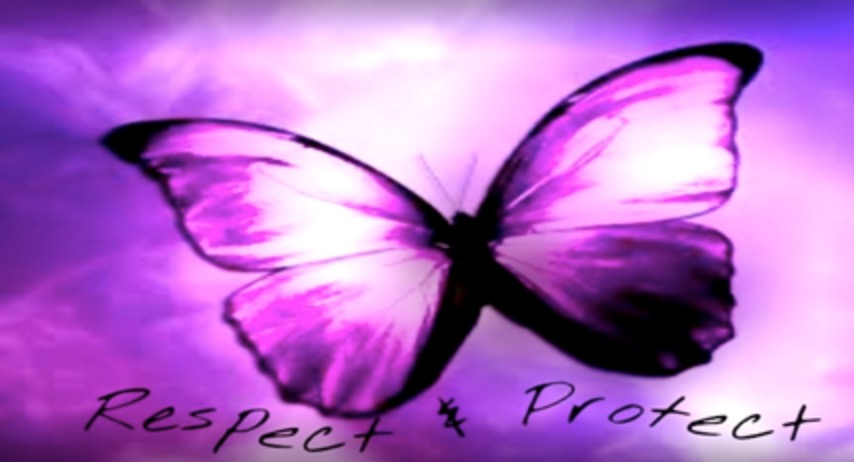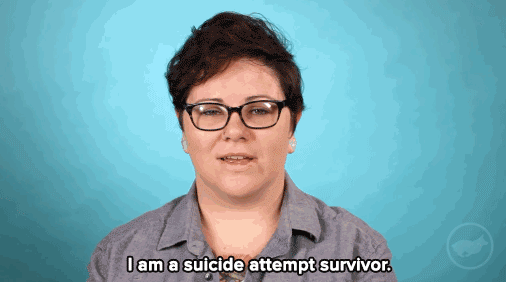myHIN Blog

December 09, 2015
Decisions, Decisions: Sexual Health Education or Mental Health
Public Health Education is such a broad field of study, with a vast selection of areas to choose from. There’s tobacco, global health, epidemiology, climate change and a host of others. Out of these various topics, I find myself drawn to a few that seem to peak my interest: Sexual/Reproductive Health education, Domestic Violence, and Suicide/Depression. I haven’t decided exactly which area I want to focus on after graduation, but I have tried to educate myself on these topics.
My interest in Sexual Health came about in my Human Sexuality class that I took my first semester in the Health Education department. At first I only took it because I just need another health elective to take and didn’t think anything of it. We discussed so many things in that short amount of time and I was hooked ever since. My professor has been very influential in my decision to teach sexual health education.

On the weekend of November 21st, I had the privilege to volunteer at the 10th Annual Teen Talk Lock-In for the Wake County Health Department. It was an all night, interactive sexual health education workshop for teens. The key areas of focus were attitude & mindset, healthy lifestyles, and access to resources. They had 5 workshops on building positive and healthy relationships, coping and looking forward to positive outcomes, what love is and how to communicate your love to others, understanding your body inside and out, respecting different lifestyles and identities, and also the importance of Sexual Health Education and HIV/STI testing. I was able to go from session to session with the kids and observe the different speakers, my professor being among them. Seeing them interact with this age group, 12 to 17 year olds, further convinced me that I need to do sexual health education. I would like to further help in the fight to make sex a normal thing to talk about in everyday conversation.
October was Domestic Violence Awareness Month, and I was appointed Chair of the 2nd Annual Women’s Empowerment Program for our Department of Health Education at North Carolina Central University. The purpose of this year’s program was to increase awareness of Intimate Partner Violence (IPV) and its correlation to HIV incidence among college women, through education, empowerment, and condom usage. The goal of the program was to empower young college women to RESPECT themselves in order to PROTECT themselves from HIV. Our keynote speaker and founder of Healing after Domestic Violence (HAD). Her story was so powerful, there wasn’t a dry eye in the house. The program targeted 18 to 24 females on campus. Being in the city of Durham, the young ladies on campus are bound to meet and maybe even start relationships with boys on campus as well as from the surrounding areas. For many of these girls, it is their first time away from home, without direct supervision, and they are likely to take advantage of that. Unfortunately for them, not everyone they deal with will have their best intentions at heart. What can start out as a sweet and loving relationship, can go really south, really fast. The program highlighted signs of domestic violence and where to seek help. There were also booths set up, by myself and my fellow Public Health Associates, showcasing different Social Marketing campaigns focused on Intimate Partner Violence. Resources that are available on campus also had booths set up.

In my research class, we had to choose a health topic to do research on. Normally, I would chose HIV/AIDS, but this time I did suicide and depression, focusing on African American women. I was very surprised that it was hard to find almost any articles on my target population. I’m talking about hours and hours of searching for an article even remotely focusing on depression or suicide in African American women. It was alarming to me, and made me think why no one had decided to do any research on this underserved population, in this regard. As a part of the aforementioned population, I personally know that depression is real in the African American community. There is also a stigma attached to it. I’ve heard people say “Black people don’t get depressed. That’s only crazy white people. Just get over it.” What people don’t realize is that downplaying anyone’s feelings of depression is not helping them at all, and possibly even worsening it, leading them to suicide. If I were to choose this as my final area of focus, I would definitely want to go into research regarding African American women and teenagers.

I wasn’t sure how Public Health Education was going to work out for me when I first transferred to the department, but I soon found my place. I chose to focus on these topics for various reasons. I know people who don’t know how some STIs are transmitted and don’t know how to use condoms properly. I know others who have been in abusive relationships, not even realizing that they were in one, and not want help trying to leave the person. That hurt me, that as their friend, they didn’t want me trying to help them. I, myself, struggle with my own depression, and dealing with it. There is always someone who needs public health education and resources, and as a future health educator, I am working hard so that one day I can help others with their problems.
Follow @myhealthimpact on health and tech stories impacts #youngppl. #publichealth #mentalhealth #sexualhealth
Share
Comments
comments powered by DisqusIn Partnership with: Poole College of Management, College of Humanities and Social Sciences, National Science Foundation, Penn State
Take Action, Get Tested: Find Your Local Testing Center Why Get Tested?
